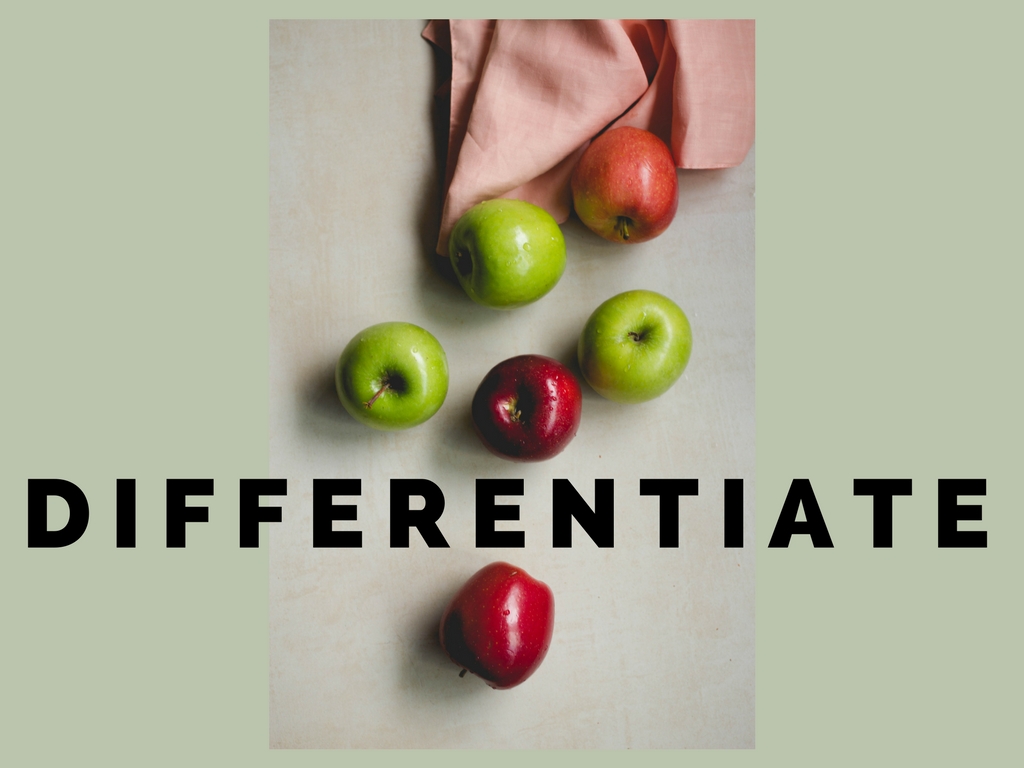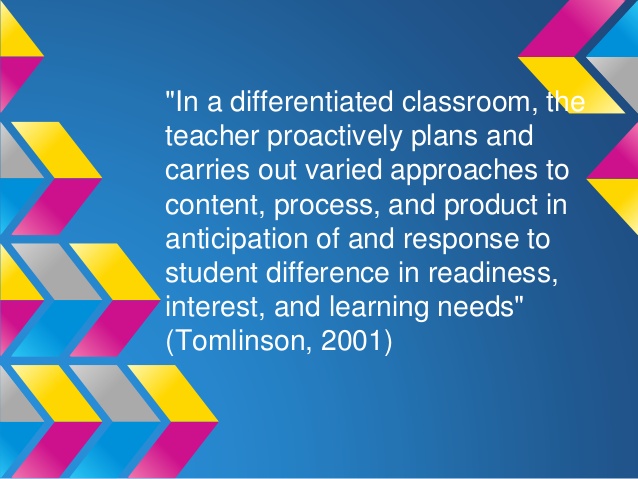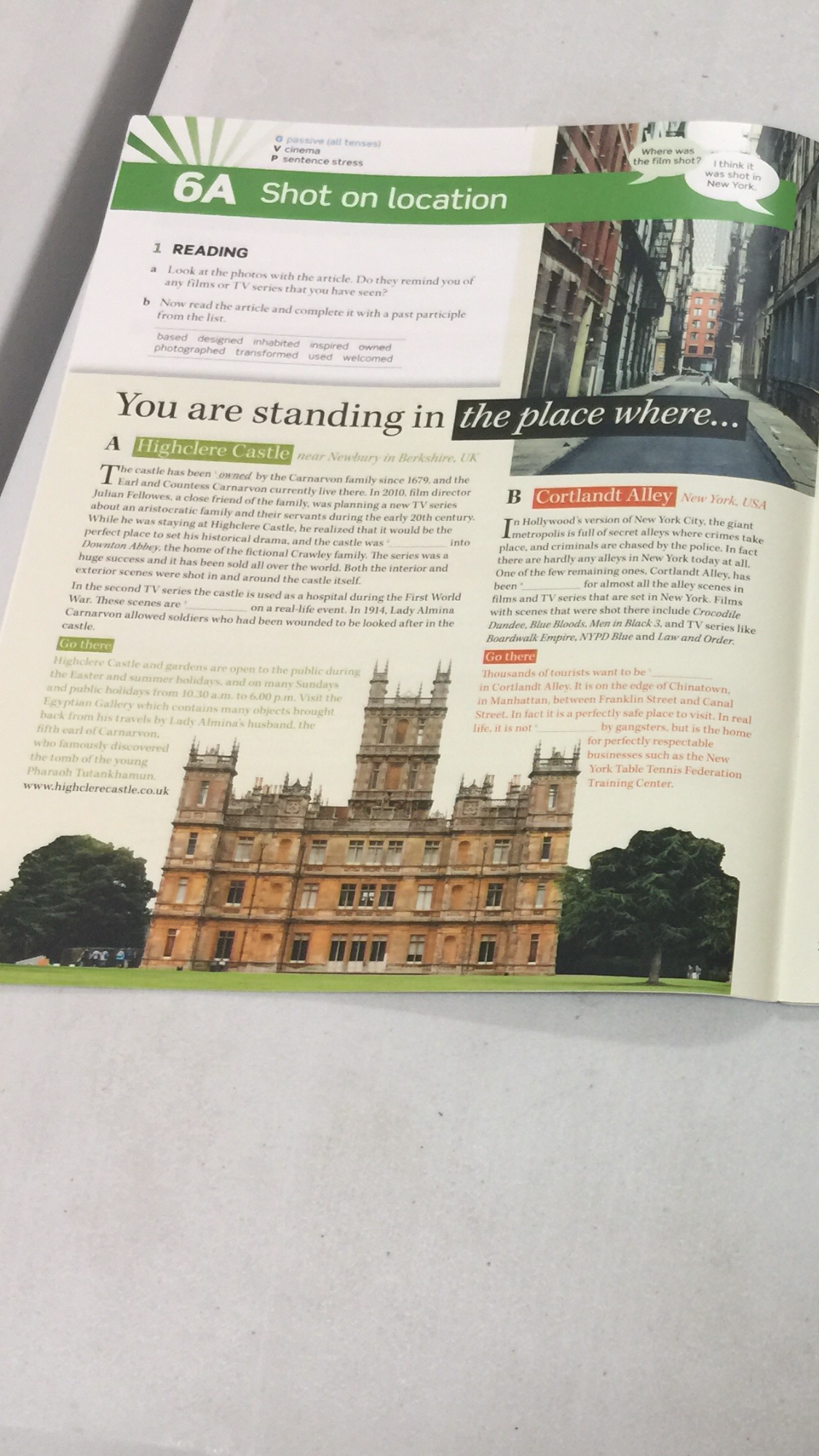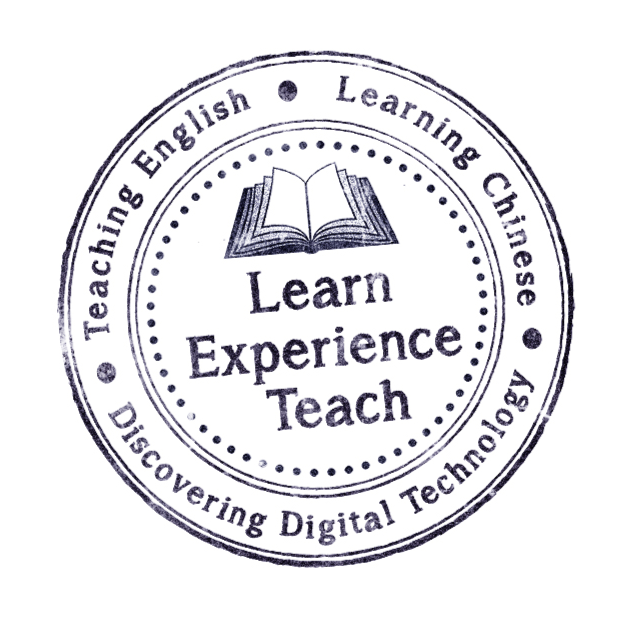
Last week I attended a CPD session focused on Differentiation.
But what is it? And why do I need it in my life?
Explanation Attempt 1
differentiation – the action or process of differentiating or distinguishing between two or more things or people.
OK, so that’s a dry general description from the dictionary. It’s not that helpful. Sorry.
Explanation Attempt 2
Let me try again:

Whoa! That’s way too academic!
Explanation Attempt 3
Let’s make things simpler. I think this one is just right:
Differentiation is defined by the Training and Development Agency for Schools as
‘the process by which differences between learners are accommodated so that all students in a group have the best possible chance of learning’.
That’s right, I’m talking about teaching our favourite mixed-ability classes. In layman’s terms it means that you, Mr & Mrs Teacher, need to be up for the challenge of supporting the needs of all of your students, not just the weaker ones. In fact, the funny thing is, no matter what class you teach, no matter what tests you’ve set to make sure your group of students are all the same level, you always end up with a few who are a little bit slower, and/or some clever chappie that thinks (s)he knows it all, in the same class, right?
You said This is How We Do it. So how do we do this?
Ummm…
How about some examples?
INSTRUCTIONS
OK, so first up is to give clear, simple instructions. (Of course this is not just for differentiation, but is even more important with mixed ability classes.) Not as easy as it seems. I love words. I love to say them, to write them, to type them. You could say, I’m a little wordy. This is not going to work in the classroom, Mr & Mrs Teacher. Keep your utterances to a minimum. Trim the extra fat. Say only what you need to transmit the information. Practise saying your instructions aloud prior to your lesson. Now, now, now. Don’t laugh at me. I am pretty sure we all did this during our CELTA (or equivalent) torture, I mean training. Wait. That was just me…?!
PRE-TEACHING VOCABULARY
Second up, is dealing with new vocabulary. You could prepare sentences with the new words missing. In this way weaker students have the opportunity to see the words in context. They may not be able to produce any output but will be able to recognise the new words, possibly through a process of elimination.
Another more challenging idea is to prepare a synonym matching activity. And if you want to take it further, you could prepare an antonym matching activity.

A TYPICAL READING ACTIVITY
Let’s say you have a typical reading activity, with different sections (see Sample English Teaching materials above). Rather than having all students do the entire activity, you may split up the activity and allocate weaker students to deal with an easier section. By making the main requirement to complete your allocated section, you infuse a sense of accomplishment. Plus you can give the option to continue to another section to stronger students.
Another idea is to cut out a portion of the reading, rather than give out a whole page, so as not to overwhelm the students.
A TYPICAL READING COMPREHENSION ACTIVITY
Some comprehension questions are easier. Others are harder. Remember that factual questions are easier to answer than abstract questions, so divvy up the questions in a way that allows everyone to contribute their answers.
MORE DIFFICULT ACTIVITIES
We often start our lessons with easy activities and end with more challenging ones. More difficult activities need to be scaffolded well. For example, by re-using the original content of the lesson in a creative way. In this case of a reading activity about cool tourist sites in the UK, you could ask your learners to give a presentation as a tourist guide trying to sell their tour as the best one to join. In this way students must re-read their allocated section, summarise the main points and be persuasive as they remix the language content they have just acquired.
TIME MANAGEMENT
I have to admit to starting an activity that everyone seems to love, and then just letting it run and seeing where it goes. Does that make me a bad person? No. But it might make me a bad teacher. Well, it certainly makes me someone with bad time management skills. But seriously, alongside giving clear instructions, you need to be on top of your time management, too. And that means you spend just the amount of time you need on the activities that help you/your learners achieve your lesson goal(s).
This is important, so let me say that again: be strict with your time and prioritise the activities that help your students reach the lesson aim(s). And I’m afraid that might mean wrapping things up when your learners are having fun!
So basically, for Differentiation…
Oops! No I meant to say, basically…

And that’s about almost everything from me. Except to say, yes, of course, Mr & Mrs Teacher, Differentiation seems to mean a whole lot more work for you. But if you do what you love and you love what you do, then being flexible, adaptive, creative and amusing, all while spinning 10 plates at the same time, is just what you do. And gosh darn it, you enjoy it, too!
Now that’s all from me. Thank you for your attention!
P.S. If you didn’t learn much about about Differentiation in this post, but you did giggle a bit and picked up a few ideas, then my work is done.
P.P.S. If you actually want a more snappy rundown of Methods of Differentiation in the Classroom then you might like to read BBC Active’s advice here. And further examples for adapting materials for mixed ability learners are provided by the British Council here.
P.P.P.S. If you are attracted by the idea of giggling while you learn, and enjoyable learning experiences in general, for yourself or other cool peeps you know, maybe you’d like to read more about my online creative writing course starting in September.
Images
- Differentiation – Slideshare from https://image.slidesharecdn.com/differentiation-151104192907-lva1-app6891/95/differentiation-3-638.jpg?cb=1446665793
- Differentiated learning – Differentiation, NSW Department of Education, from http://lrr.cli.det.nsw.edu.au/LRRView/14507/14507_02.htm
